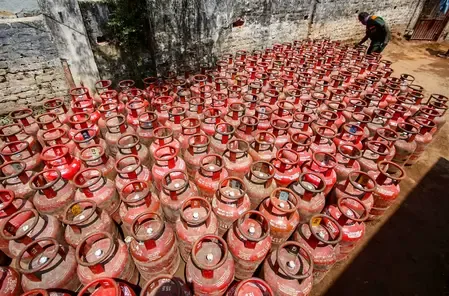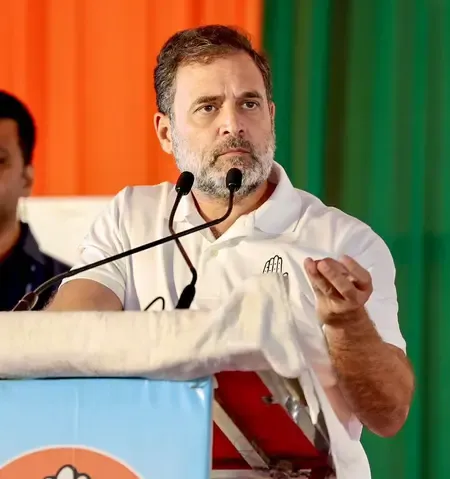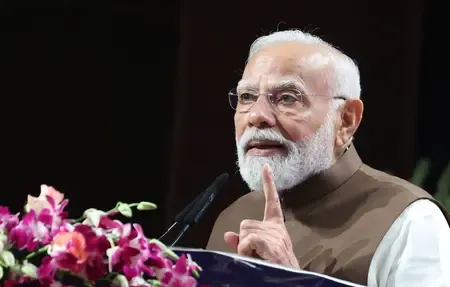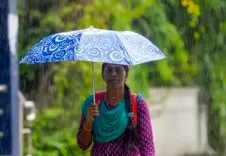Why has the judicial custody of 26/11 terror attack accused Tahawwur Rana been extended until July 9?
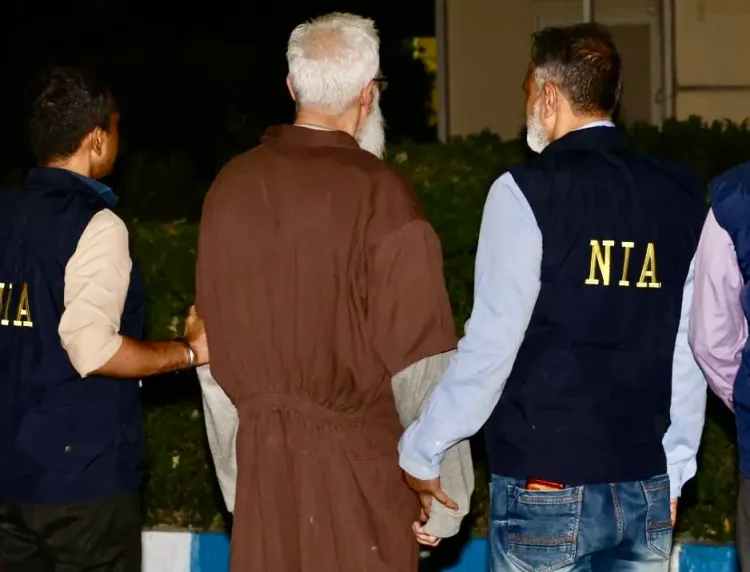
Synopsis
Key Takeaways
- Tahawwur Rana's judicial custody is extended until July 9.
- Health concerns raised during court proceedings.
- NIA continues to investigate Rana's role in the 26/11 attacks.
- Evidence collection includes voice and handwriting samples.
- Rana claims no connection to the attack planning.
New Delhi, June 6 (NationPress) A court in New Delhi has extended the judicial custody of Tahawwur Rana, accused in the 26/11 Mumbai terror attack, until July 9. During a video conference appearance before Special Judge Chander Jit Singh, Rana's counsel highlighted concerns regarding his deteriorating health.
The Patiala House Court has mandated the Tihar authorities to submit a status report by June 9. As a former officer of the Pakistan Army’s Medical Corps, Rana will continue to remain in judicial custody.
Previously, on May 9, a special NIA court had placed Rana in judicial custody until June 6, pausing the questioning by the federal anti-terrorism agency.
The National Investigation Agency (NIA) collected voice and handwriting samples from Rana to match them with his telephonic discussions with co-accused David Coleman Headley, as reported by an official.
Rana, a Pakistani-Canadian national, has been extradited from the United States and is suspected of providing Headley with handwritten notes containing instructions, coordinates, and maps that were utilized for scouting 26/11 targets. The NIA is also planning to take Rana to Mumbai and other locations to reconstruct the events leading up to the attack that claimed the lives of 166 individuals.
In April, the Special NIA court extended Rana’s custody for an additional 12 days to facilitate further questioning. Special Judge Charan Jit Singh agreed to the request from senior advocate Dayan Krishnan for more time to investigate Rana’s involvement in the 2008 Mumbai attack. Rana was presented in court following an 18-day remand that concluded on April 28. During the proceedings, the NIA informed the court about Rana's evasive tactics during interrogation.
While under NIA remand, Rana was also interrogated by Mumbai Police. He asserted that he had “no connection whatsoever” with the planning or execution of the attack, claiming his childhood friend, Headley, was solely responsible for the reconnaissance and planning of 26/11.
Headley is currently incarcerated in a US prison. He had previously admitted to conducting reconnaissance missions throughout India, including Mumbai, on behalf of Lashkar-e-Taiba (LeT).
Rana mentioned that he had also traveled to Kerala in addition to Mumbai and Delhi, stating that his visit was to meet an acquaintance, whose name and address he provided to the agency. He was recently extradited to India from the US to face trial in the Mumbai attack case.

